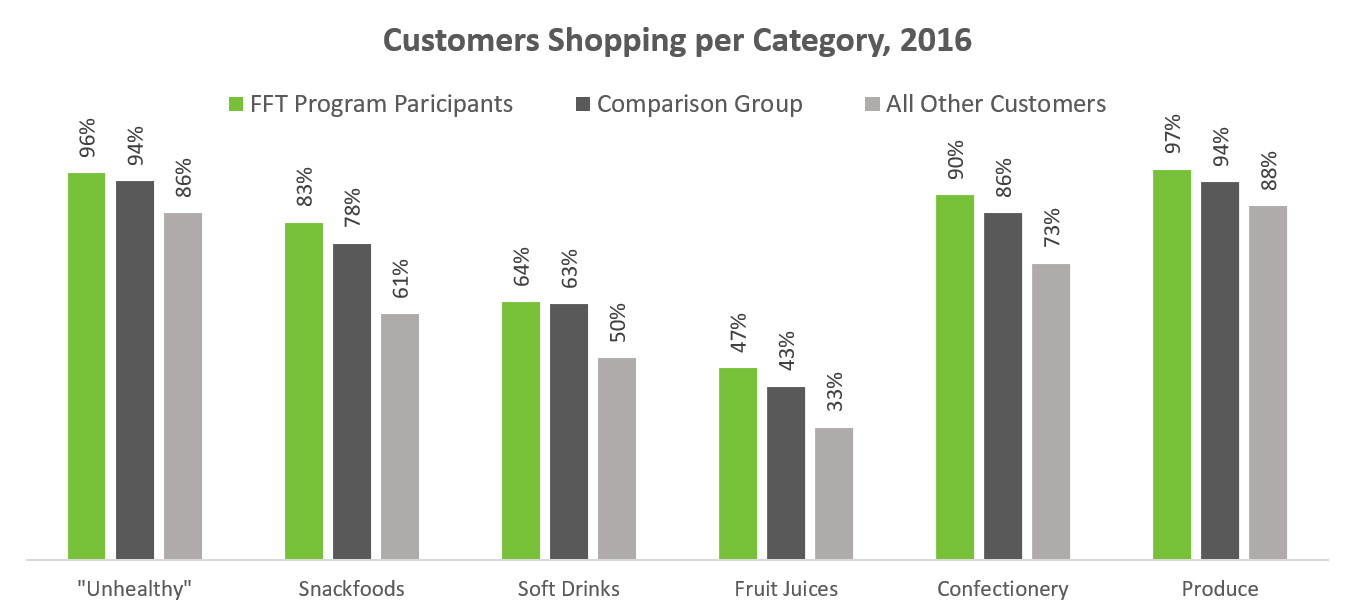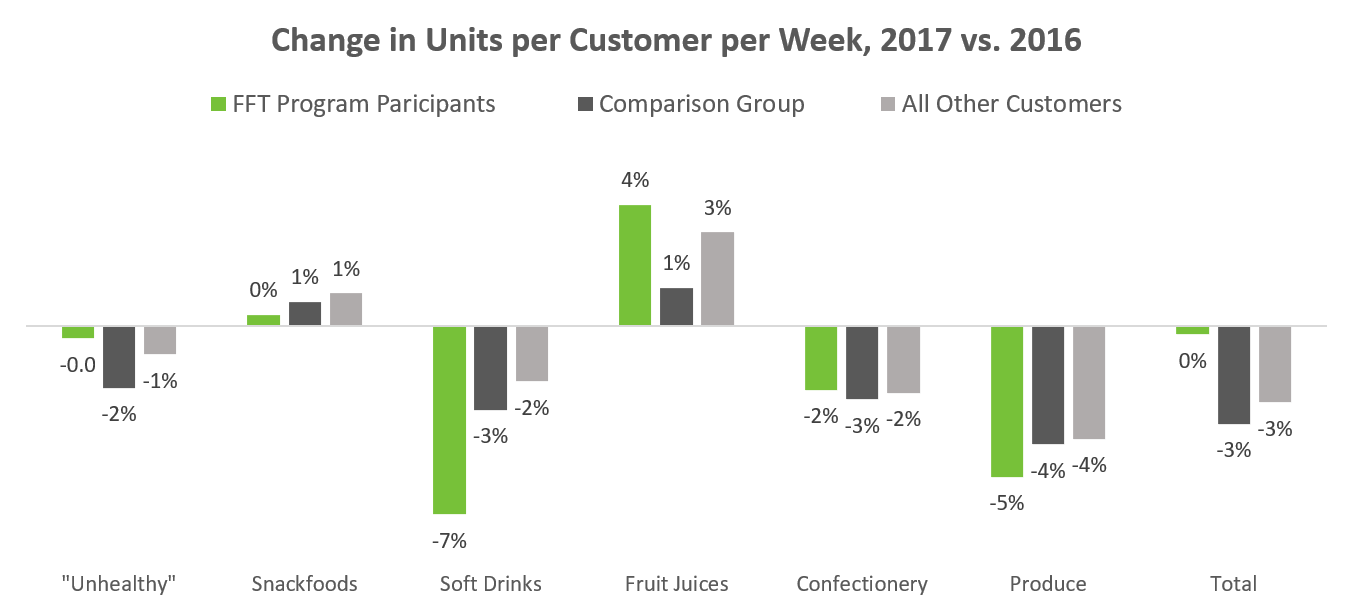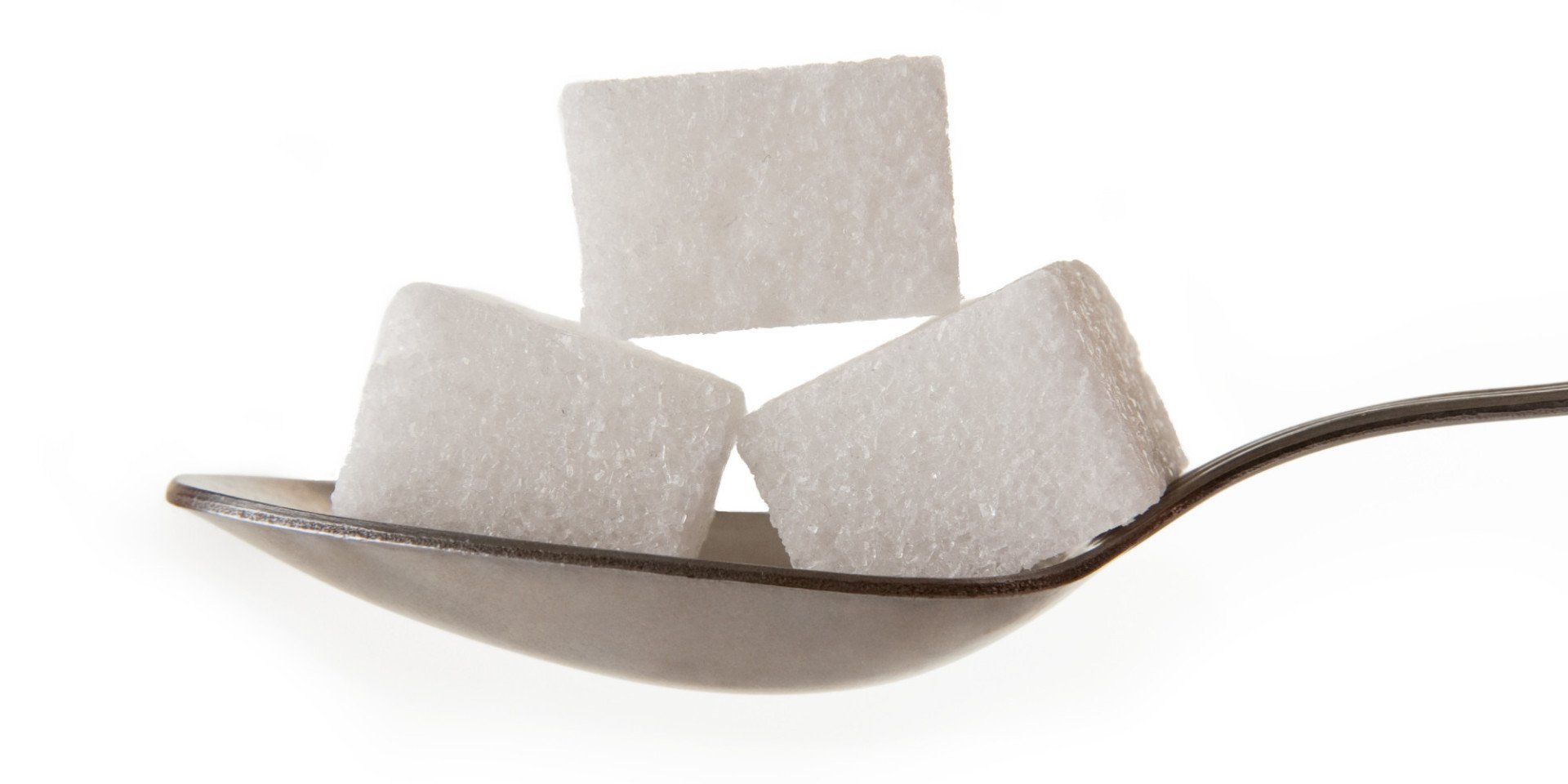To Tatou Pānga
OUR IMPACT
TO TATOU PĀNGA
The Food for Thought nutrition education programme has resulted in New Zealand families reducing their sugar intake from soft drinks alone by a massive 50 tonnes.
This equates to around 9 elephants the size of Burma and Anjalee at Auckland Zoo, 38 Mazda hatchbacks, or 476 All Blacks.
In 2016, the Foodstuffs New Zealand Business Insights team conducted a research study to measure the change in purchase behaviour in families who had a child go through Food for Thought. They looked at the 13 weeks of shopping habits of 385 Food for Thought participant families research study looking at the impact of the Food for Thought programme on participants and their families and compared this with 15,000 shoppers in the same proportion of loyalty segment and home store as the participants.
Over the last decade children in years 5 and 6 have been taken through a programme in the classroom and then in a real world PAK'nSAVE, New World or Four Square supermarket. The programme, which is delivered by a team of Food for Thought Nutritionists and the Heart Foundation Nutrition Advisors, teaches children to differentiate between ‘every day’ foods and ‘sometimes’ foods with higher sugar and salt levels, and encourages children to choose more every day options.
The Two Major Findings:
1.
The program reaches the right audience.
Families who had children who took part in the Food for Thought programme were less likely to be buying foods considered "unhealthy" compared to families that haven't yet had children participate.

Slide title
Write your caption hereButton
Slide title
Write your caption hereButton
Data Source: Foodstuffs National BI 3 July 2017 – 1 October 2017 vs. 4 July 2016 – 2 October 2016, N = 385
2. The program changes behaviour.
The families of the children who participated in the FFT programme showed a significant decrease (-2,7%) in the purchase of unhealthy food options compared to their purchasing behaviour 12 months prior.
This is significant as when compared to families in the comparison group for whom there was an increase of 1% in their purchase of unhealthy food options.
The Impact on Sugar Consumption
Over the past 10 years nearly 50 tonnes less sugar has been consumed as a result of FFT.
Within the soft drink category alone, the programme has reduced yearly sugar consumption per household by 340 grams, and per person by nearly 100 grams.
Across 15,000+ participants in the program, that’s over 5 tonnes less sugar being consumed per year – just from soft drinks.

Data Source: Foodstuffs National BI 3 July 2017 – 1 October 2017 vs. 4 July 2016 – 2 October 2016, N = 385
Prior to their children going through the programme, families were more likely than the research control group to shop in ‘unhealthy’ categories – which include soft drinks, snack foods and confectionery.
Post the programme, the study showed that Food for Thought Families reduced their purchases by 3% in this category – this means that for every 100 families who went through the programme, three stopped shopping in these categories.
The standout result was a 7% reduction in the soft drink category, and a 2% reduction in confectionery as a share of their total shop.

It’s all about making it fun to make the right choice. While everything we do is based on facts, we get the children to understand simple things like how many spoonful’s of sugar are in the average 1 litre bottle of soft drink.
The programme is not about banning treat foods, it’s about helping children make more informed choices.
That they share this with their families means that the programme exposes thousands more New Zealanders to better ideas about the food and beverages which end up in their fridge and pantry.
We are fully committed to playing our part in developing and nurturing healthy communities throughout New Zealand.

"The presenter was great and had an excellent relationship with the children, they were fully engaged and interested in the content"
~ Classroom Teacher
Button
"This is such a cool initiative and I love that it ties it into our local community supermarket so the kids can see how they can actually use the information they learned in the real world!"
~ Classroom Teacher, Discovery School
Button
“I really really really really really really hope that you can come back again. I love learning about food because it’s food, who doesn't like food, you need food to survive”
~ Dustyn, Lower Moutere School
Button


